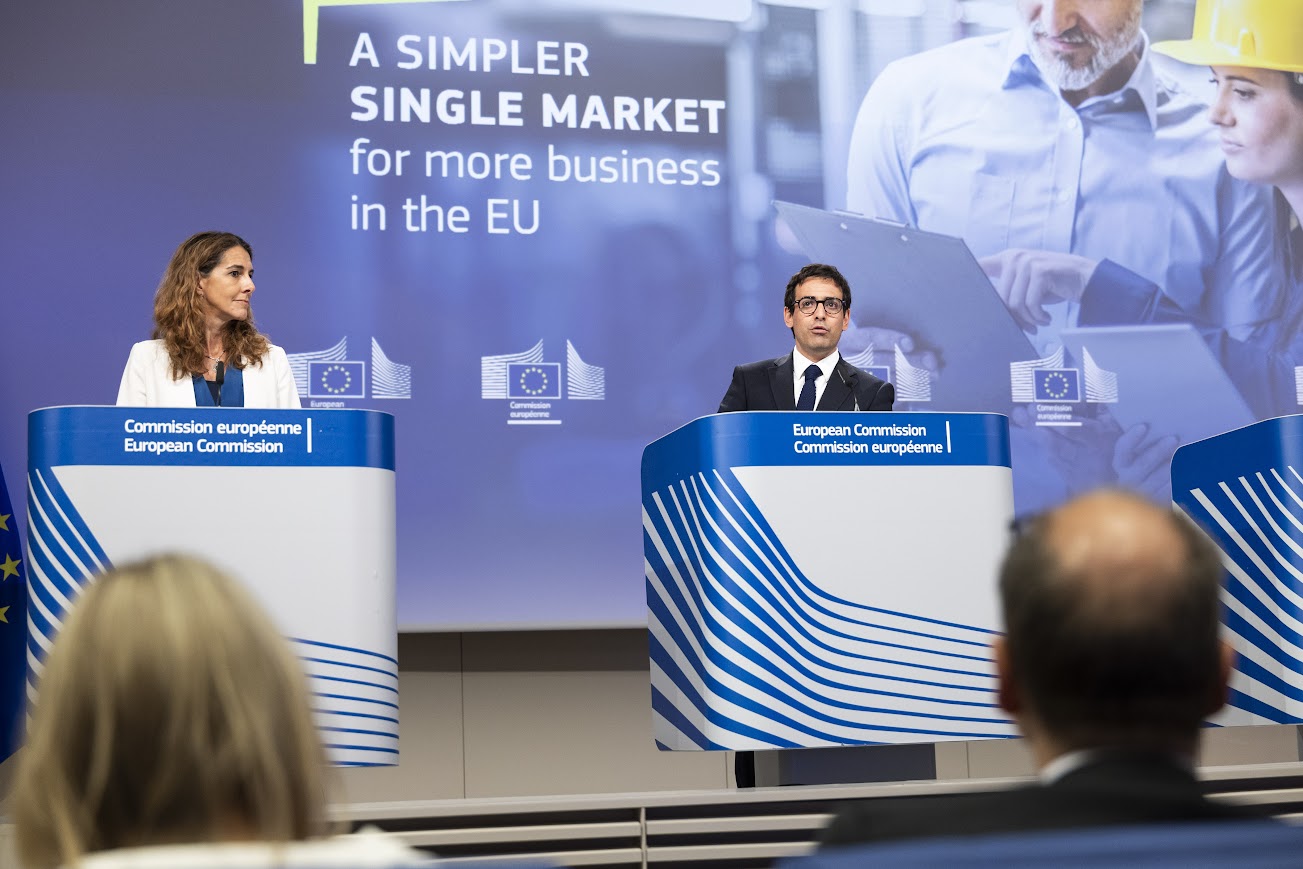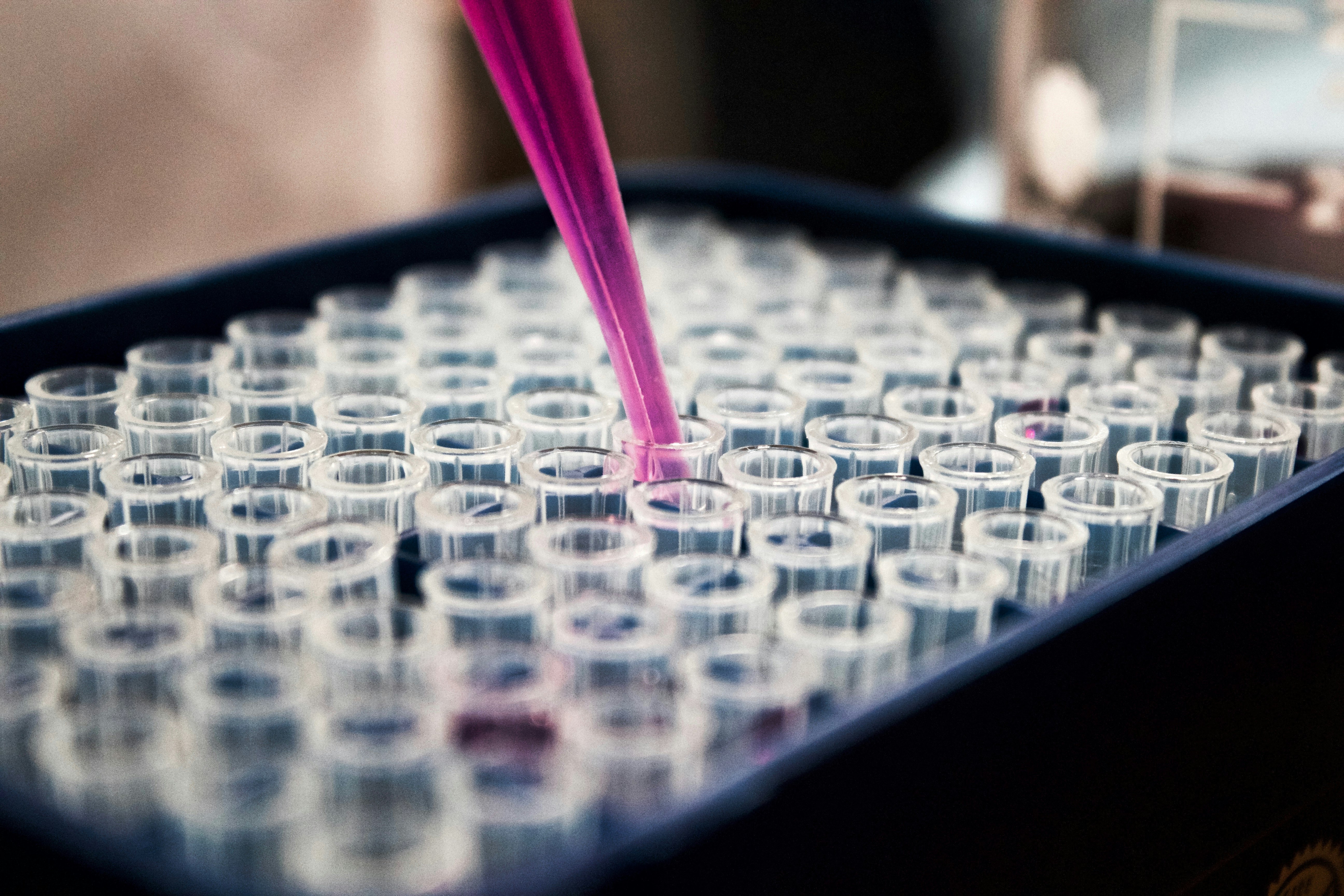L'allarme dell’Ufficio parlamentare di bilancio sulla Mission Salute del PNRR
 Con cristallina chiarezza, l’Ufficio parlamentare di bilancio (UPB) analizza l’avanzamento della Mission 6 del PNRR dedicata alla salute, mettendo in luce le varie criticità che rischiano di compromettere l'obiettivo finale del Piano e cioè avere un sistema sanitario nazionale più forte a sei anni di distanza dalla pandemia. Anche se finora i target sono stati raggiunti, a preoccupare sono altri fattori: il livello di spesa, la questione Sud e la carenza di personale.
Con cristallina chiarezza, l’Ufficio parlamentare di bilancio (UPB) analizza l’avanzamento della Mission 6 del PNRR dedicata alla salute, mettendo in luce le varie criticità che rischiano di compromettere l'obiettivo finale del Piano e cioè avere un sistema sanitario nazionale più forte a sei anni di distanza dalla pandemia. Anche se finora i target sono stati raggiunti, a preoccupare sono altri fattori: il livello di spesa, la questione Sud e la carenza di personale.










